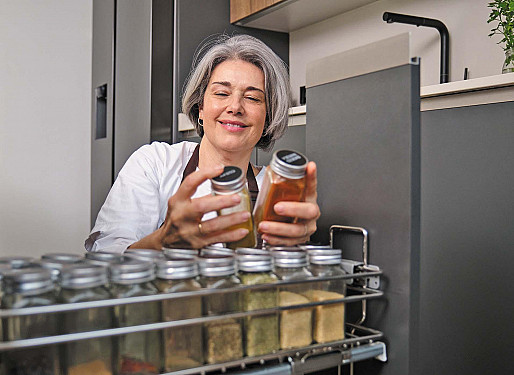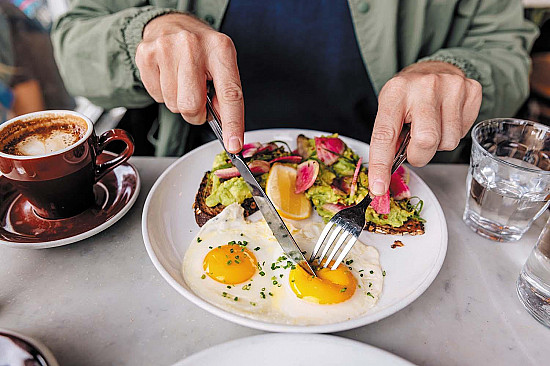Dieting? Have some cake
Could your favorite treat help you lose weight?
Wouldn't it be great if you could top off your daily breakfast with a slice of chocolate cake and still lose weight? A new study published March 10 in the journal Steroids says it might be possible.
Researchers randomly allocated obese people for four months to either a 600-calorie breakfast rich in both carbohydrates and protein (that included chocolate cake) or to a 600-calorie low-carb diet. After the four months were over, the participants in both groups had lost weight. Over the next four months, however, people who had been on the high-carb, high-protein diet continued to lose weight, while those in the low-carb diet regained weight. Also, people in the first group had lower levels of ghrelin, a hormone that stimulates hunger.
There's reason to be skeptical of these results, says Registered Dietitian Kathy McManus, Director of the Department of Nutrition for Harvard-affiliated Brigham and Women's Hospital.
"People want to have their cake and eat it, too," says McManus, "but this is just one small, short-term study and we shouldn't put too much emphasis on the results."
McManus says that even if this study did show changes in ghrelin levels after sweets for breakfast, it needs significant additional research to understand the potential mechanisms. McManus does believe, however, that treats are an important part of your diet.
"Denial or complete avoidance of favorite foods certainly affects the attitude of dieters. If there's deprivation, dieters give up," McManus explains.
Instead, she recommends incorporating favorite foods into a balanced meal plan that supports a long-term approach to healthy eating. But it's not necessarily sweets. "One size doesn't fit all," says McManus. "Ice cream or cake may not do it for you. It's better to understand what your favorite foods are."
McManus says the key is focusing on the portion and frequency, such as one serving of your favorite food twice a week. That way you won't feel deprived but you will understand limits.
Other tips from McManus include keeping a food journal to see when you indulge; keeping your favorite foods out of your home so that additional portions won't increase your temptation; and making your treat something with health benefits as well, such as a whole grain oatmeal cookie, a fruit smoothie, or yogurt.
As for the time of day when you enjoy your treat, McManus says it doesn't have to be breakfast. It should be a time that makes sense for you.
"Just keep it in context of servings and frequency," says McManus.
Disclaimer:
As a service to our readers, Harvard Health Publishing provides access to our library of archived content. Please note the date of last review or update on all articles.
No content on this site, regardless of date, should ever be used as a substitute for direct medical advice from your doctor or other qualified clinician.















